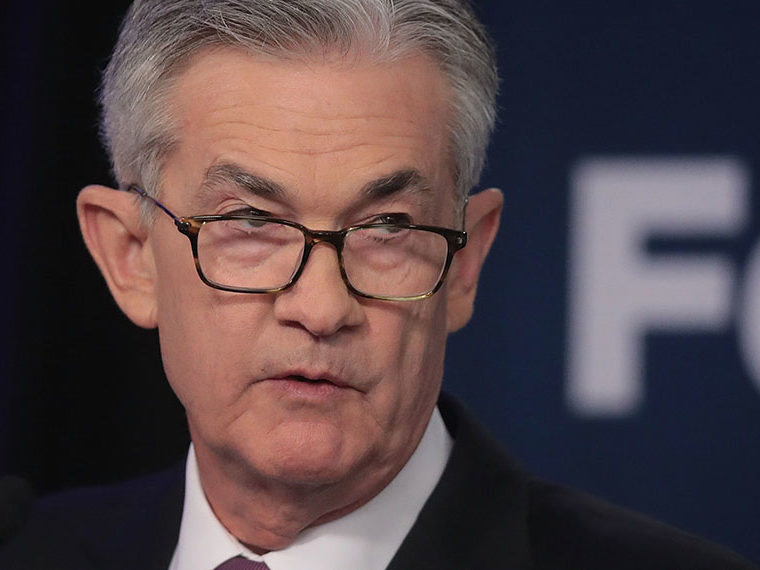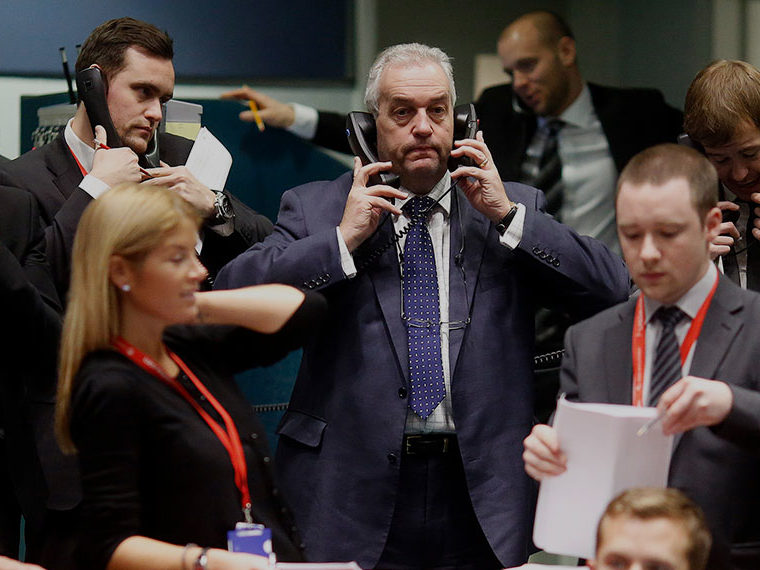Topic: Markets

What Investors Infer From External News And Management Silence
Uncertainty about outside news alters company disclosures and how markets interpret them, study finds

A Solution to the Debate over Momentum’s Cause?
Investors may underreact when information arrives in small, continuous bits

A Tool for Finding Mispriced Stocks
Less sophisticated investors reveal their sentiment in certain trades, and a 20-year study measures it company by company

Across 145 Years and 17 Countries, a Common Thread in Risky Credit Booms
Do investors misprice assets, revise their risk appetite or make some other misjudgment?

As Passive Investing Spreads, Overall Market Becomes Less Competitive
Active investors take up some — but not all — of the slack created by index funds

At Last, the Momentum Investing Puzzle Solved?
The simplest explanation — “I can’t believe you know something I don’t” — may trump all the rest

Banks Transmit Financial Shocks, Including from Natural Disasters
How a localized flood may result in fewer loans to a far-off community

Borrowings Suggest Small Company Owners Face Higher Risk
Analysis uses business credit card loans to gauge market perception

Citizens Are Not Fooled by Fake Statistics
What happened when the Argentine government lied about inflation numbers?

Clues to the Market When Mortgage Originators Delay Securitization
With high-quality borrowers hard to judge from afar, Alt-A market offers quiet signal on creditworthiness

Corporate Bond Market Meltdown Averted after Fed Action
Decade-old bank-risk limits may have exacerbated liquidity problems

Does Better Corporate Disclosure Boost Markets?
Stronger financial reporting standards seem to mean more for growth of countries’ credit markets than their stock markets

Does Big News Drown Out Corporate Earnings Disclosures?
Henry Friedman’s research finds, surprisingly, that major economic news actually heightens attention paid to company announcements

Fairness in the Allocation of Scarce Goods and Services
As alternative pricing schemes proliferate, researchers examine beliefs about their fairness

Financial Constraints on Intermediaries Cause Asset Mispricing
Real-world bond data reveals how the capital positions and liquidity of middlemen affect prices of securities they broker

How Bond and Stock Prices Combine to Influence Corporate Investment
Equity volatility can encourage — or dampen — investment, depending on a firm’s bond spread